Prominent Cannabis Advocacy Groups Denounce ‘Drug War v2.0’
by Jack Riordan for Beard Bros Pharms
One of the main groups championing the charge against a repeat of the War on Drugs is Supernova Women, a California-based 501c3 non-profit organization whose mission is to “empower people of color to become self-sufficient shareholders in the cannabis economy”.
This female-founded powerhouse of advocacy and opportunity is also taking point in the battle to reduce or eliminate the excessive taxation along the cannabis supply chain that is crippling small farmers and craftspeople and especially social equity operators.
Social equity programs had been an afterthought, at best, for regulators in California and in other states until groups like Supernova Women were formed to advocate for the importance of ensuring that communities of color and communities most impacted by the first failed War on Drugs would not be left out of the potentially-lucrative licensed marketplace.
Even after years of tireless lobbying, networking, advocacy, and action on the subject of social equity, just 4.3% of the licensed cannabis companies in this country are Black-owned.
This stat comes from a virtual town hall meeting that Supernova Women hosted on January 19th, 2022 alongside a company called Ecotone, a leading impact analysis and social value communication consultancy firm.
These two groups, along with a list of experts in the fields of cannabis, social equity, and legislation, collaborated on an in-depth report called the Impact of Social Equity.
In it, “impact” is measured by an acronym of SROI or Social Return on Investment. In other words, a properly-funded social equity program requires an investment from society and this report looks at what society can expect to get back on their investment.
Both Ecotone and Supernova Women reiterated throughout the town hall meeting that aggregating the data for such a report is no easy task, as this concept is relatively new here in Cali and very new in other parts of the country.
However, compiling all available information, their report estimates that the cost to society for each approved social equity application will be $37,233.
Let’s set aside the fact that cannabis tax revenue in these states and municipalities far, far, far exceeds these costs and focus on the fact that the report found that the projected benefits back to society amounted to $44,575 per equity operator.
In other words, every dollar we put into social equity programs, $1.20 goes back into society due to more people working, buying, surviving, and ideally thriving.
When certain additional-but-basic ideals are met – like funneling cannabis tax revenues back into communities by way of early childhood and public education, employment training, mental health, expungement assistance, etc. – the projected SROI generated by a social equity program increases to $4.56 for every $1 spent.
(Source: Social Equity Impact Report, Supernova Women)
Now we’re talking and politicians and regulators better start listening.
In that scenario, society spends $37k of its free weed money and gets $175k back… per equity operator. You’re welcome!
Don’t hire or militarize any more cops with that money and watch the returns and revenues continue to compound on themselves as long-embattled communities are revived.
This report was a gift to the cannabis advocacy community and even more so to any progressive-thinking politicians or lawmakers who like things like budget surpluses and happy voters.
Groups like Supernova Women are providing a blueprint for success in the green renaissance and it begins with people of color.
See full story here.

